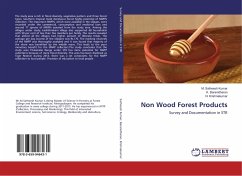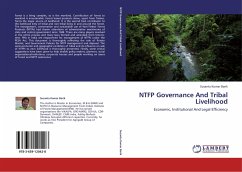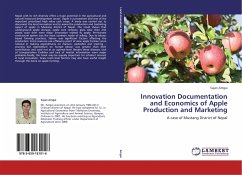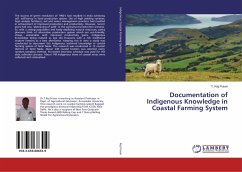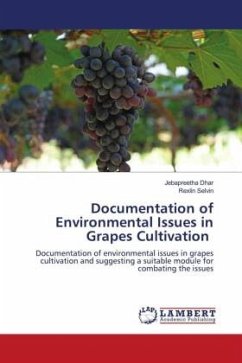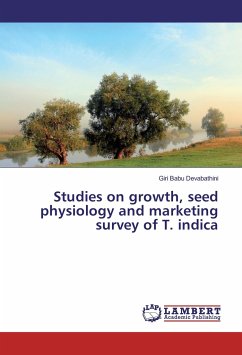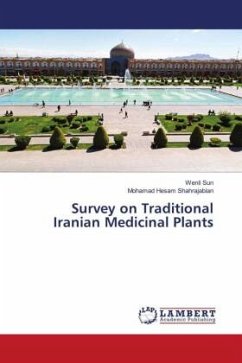The study area is rich in floral diversity, vegetative pattern and three forest types. Southern tropical moist deciduous forest highly potential of NWFPs collection. The important NWFPs, which were available in the villages, were recorded under the commercial, consumption and medicinal uses and around 77 species of NWFPs assessed from the study area. Among the villages under study, kaalithimbam village also supported 68 households with 50 per cent of less than five members per family. The results revealed that almost all the villages had higher percent of illiterate tribes. The average per day income of the villagers was Rs.170. The marking channels of the NWFP was thoroughly analyzed and it was found that majority of the share was benefited by the middle mans. This leads to the poor monetary benefit for the NWFP collectors.The study concludes that the study area Thalamalai Range under STR has more potential for NWFP collections because of more floral diversity. The area has beendisclosed as Tiger Reserve during 2013, there was a lot constraints for the NWFP collection to local people. Provision of education to local people.
Bitte wählen Sie Ihr Anliegen aus.
Rechnungen
Retourenschein anfordern
Bestellstatus
Storno

